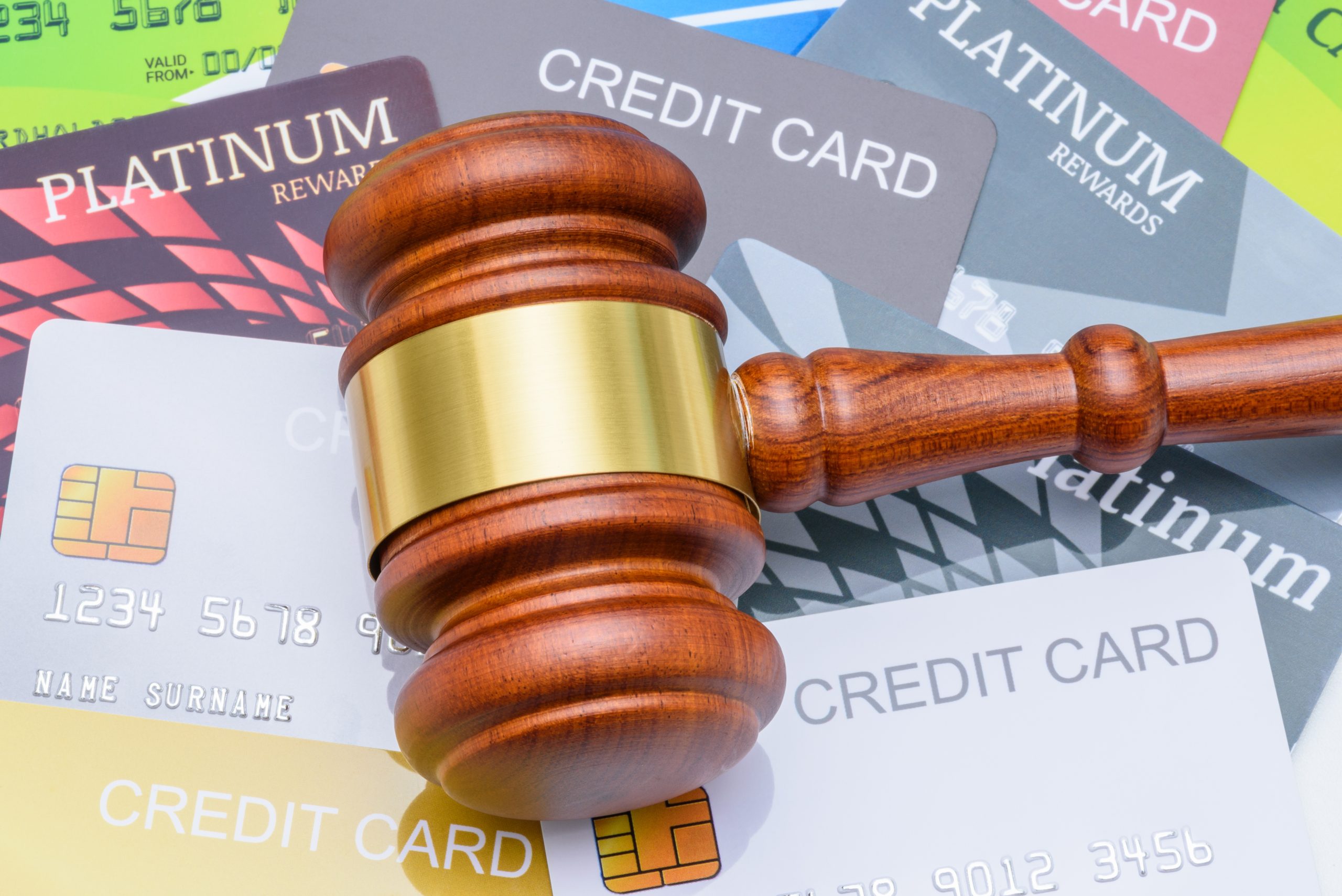Foreclosure can feel overwhelming, but understanding its impact on your credit score can help you plan your next steps. While it does cause a credit drop, the effects are not permanent, and there are ways to rebuild your financial standing over time.
If you’re worried about foreclosure or exploring alternatives, this guide will help you understand what to expect and how to recover.
How Much Will Foreclosure Lower Your Credit Score?
There’s no universal answer, but in general:
- A foreclosure can lower your credit score by 100 to 160 points or more, depending on your starting score.
- It remains on your credit report for seven years from the date of the first missed payment leading to foreclosure.
- If you had a higher credit score before foreclosure, the drop may be more significant. If your score was already lower, the impact may be smaller.
The good news? The impact lessens over time, especially if you take steps to rebuild your credit.
What Are the Long-Term Consequences of Foreclosure?
A foreclosure can affect more than just your credit score. You may also experience:
Difficulty Qualifying for a Mortgage: Lenders typically require a waiting period (often 3 to 7 years) before approving a new mortgage.
Higher Interest Rates: If you qualify for loans or credit cards, you may face higher interest rates due to the foreclosure on your record.
Challenges Renting a Home: Some landlords check credit reports, and a foreclosure may require you to provide a larger deposit or additional references.
How to Start Rebuilding Your Credit After Foreclosure
While a foreclosure stays on your credit report for seven years, you don’t have to wait that long to start improving your financial standing.
Pay Bills on Time: Your payment history makes up 35% of your credit score, so staying current on all bills (including utilities and rent) is crucial.
Reduce Debt: Lowering credit card balances can improve your credit utilization ratio, which plays a major role in your score.
Consider a Secured Credit Card: If you have trouble qualifying for traditional credit, a secured card can help you rebuild responsibly.
Check Your Credit Report for Errors: Mistakes happen—dispute any inaccuracies that may be hurting your score.
Important: If you’re unsure how to manage your credit after foreclosure, consider speaking with a certified financial professional or credit counselor for personalized advice.
Is Foreclosure Inevitable? Maybe Not.
If you haven’t gone through foreclosure yet, there may still be time to explore alternatives such as:
Loan Modification: Adjusting your loan terms to make payments more manageable.
Short Sale: Selling your home for less than you owe with lender approval.
Forbearance: Temporarily pausing or reducing your mortgage payments.
Every situation is unique, and seeking professional guidance early can open up more options.
Take Control of Your Financial Future
A foreclosure can feel like a setback, but it doesn’t have to define your financial future. With the right steps, you can rebuild your credit and regain financial stability.
If you’re facing challenges with your mortgage and want to explore your options, I’m here to help. Contact me to start the conversation.


 Facebook
Facebook
 X
X
 Pinterest
Pinterest
 Copy Link
Copy Link
